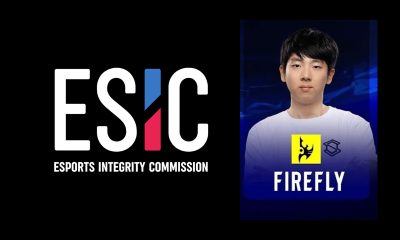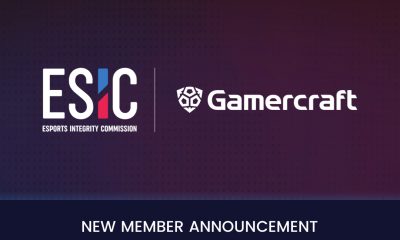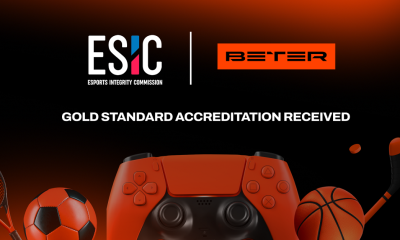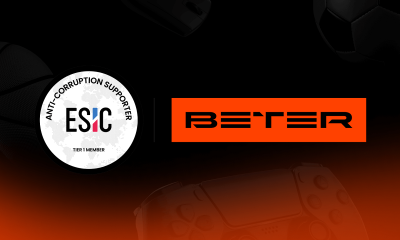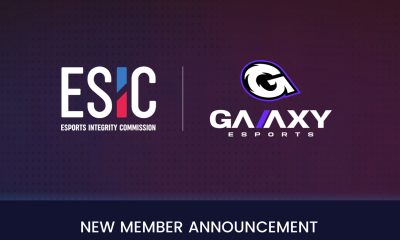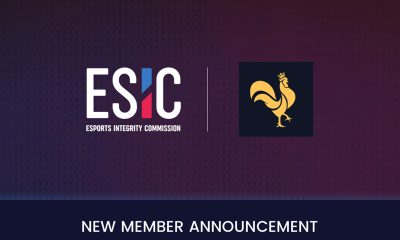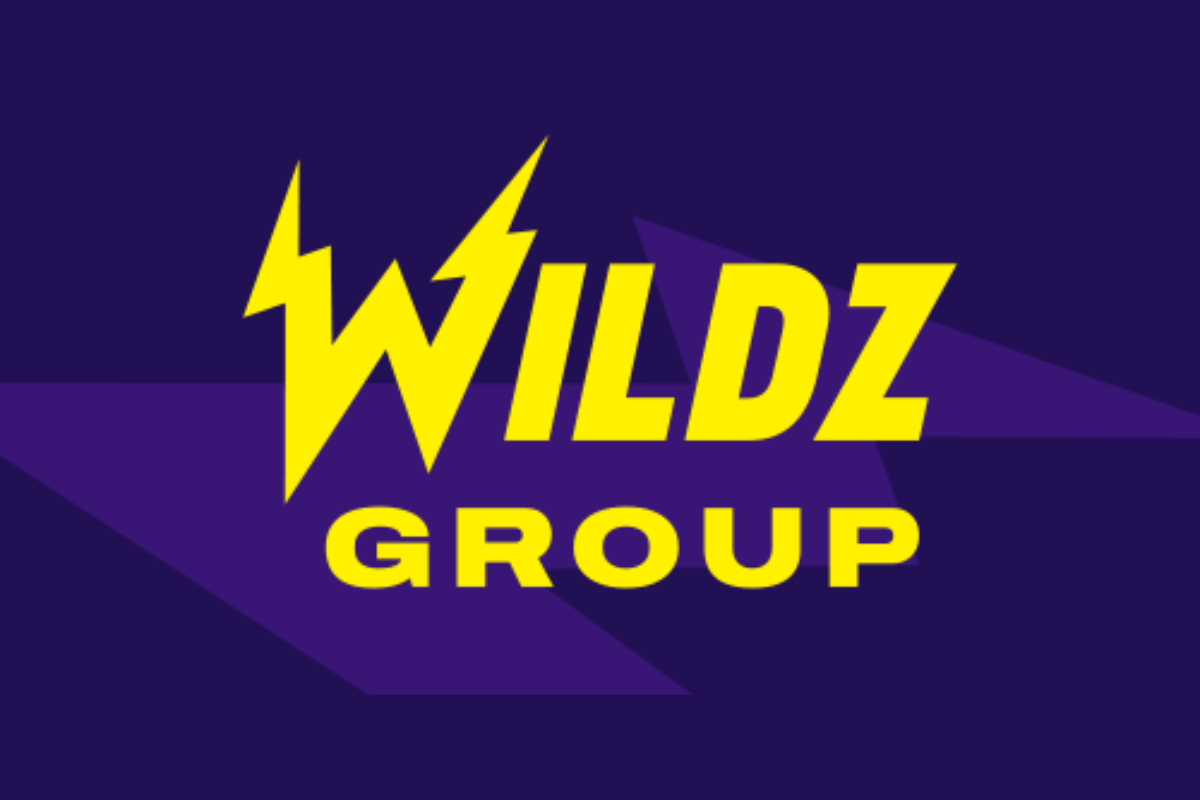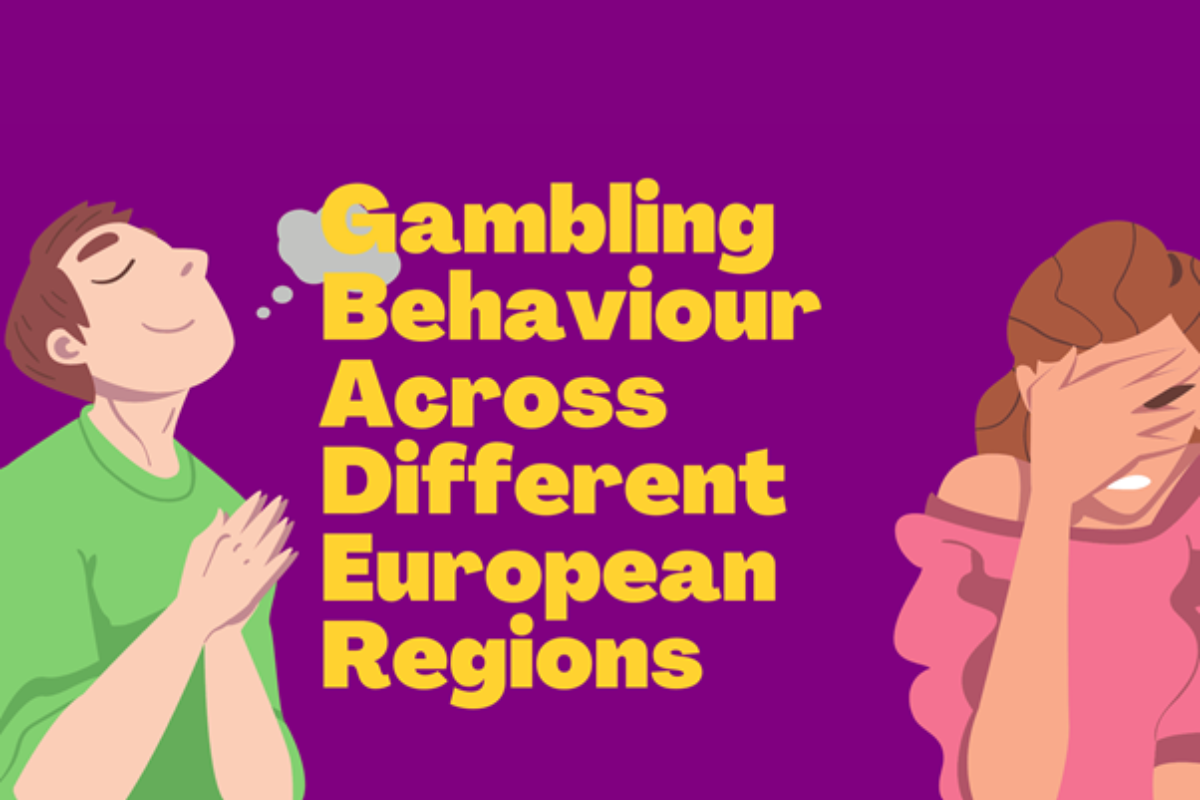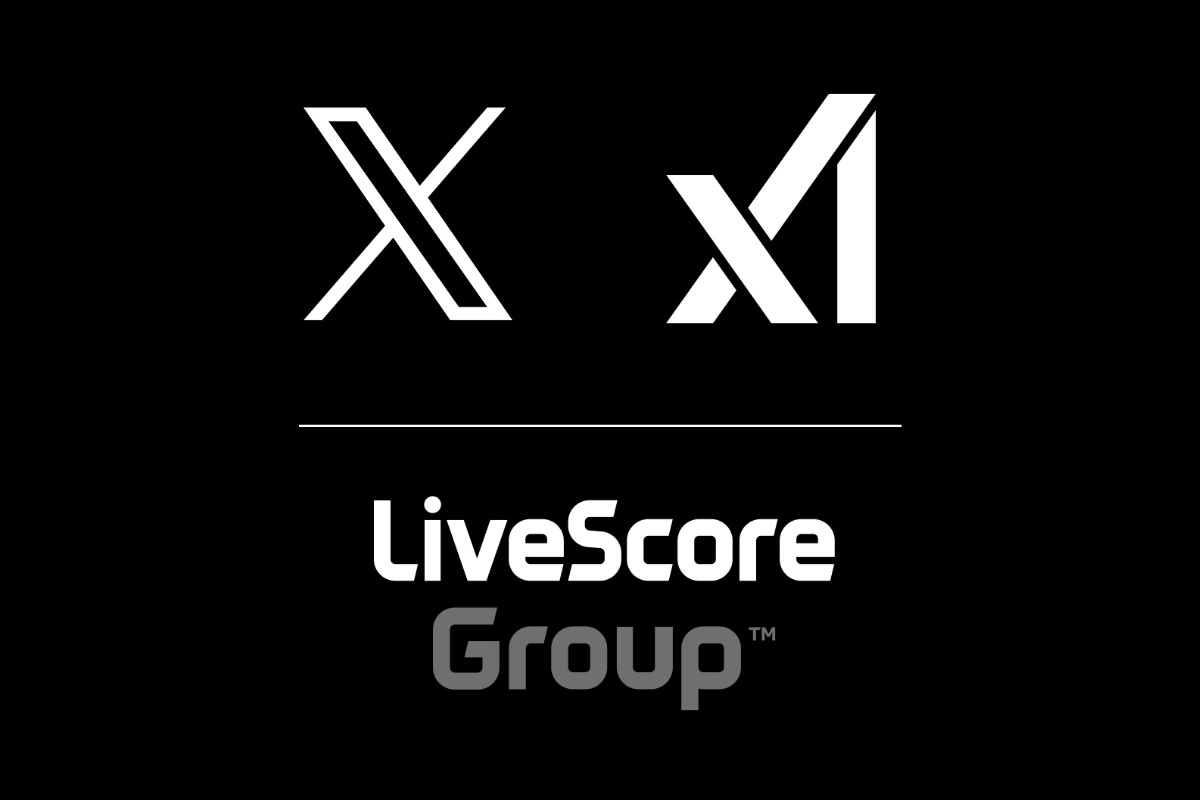Compliance Updates
SIS awarded ESIC Gold Standards accreditation for Competitive Gaming offering
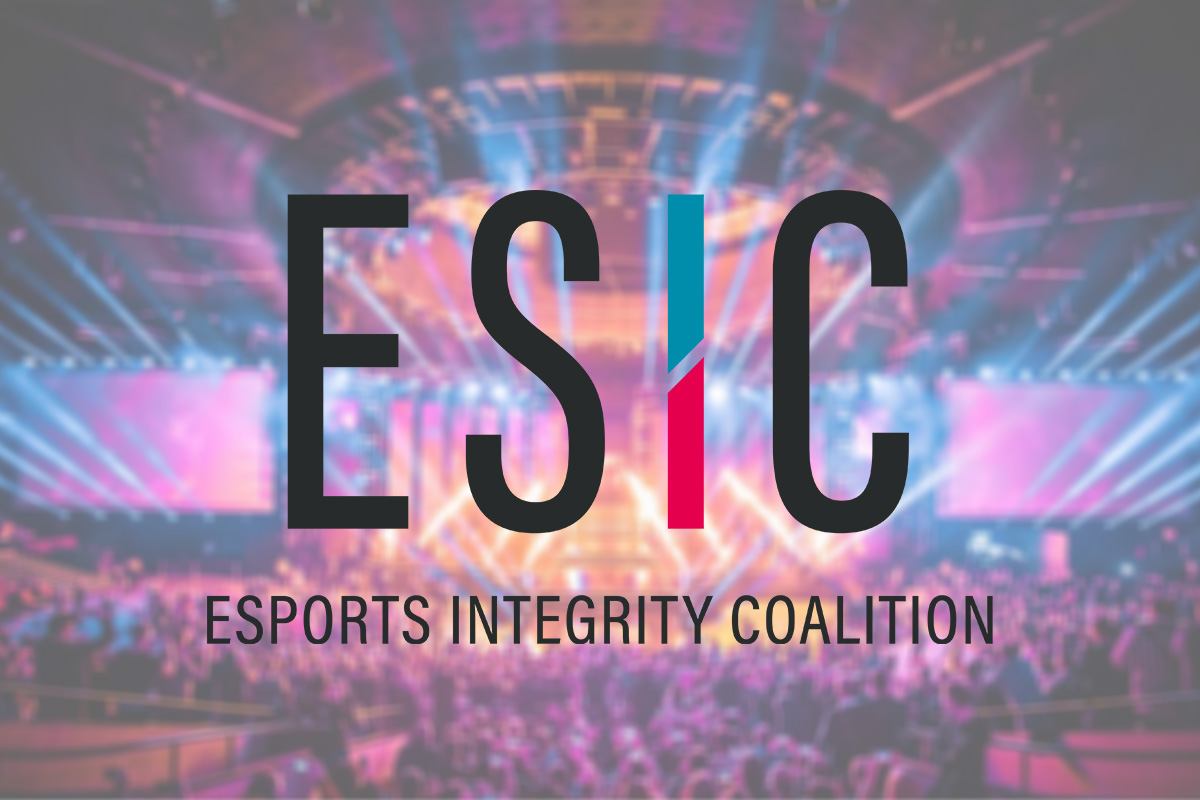
Endorsement marks out supplier as only esports betting events provider to officially meet new integrity measures
SIS (Sports Information Services), the leading multi-channel supplier of 24/7 live betting services, has been awarded the Esports Integrity Commission’s (ESIC) Gold Standards, the highest possible accreditation from the industry association.
The award sees SIS become the first esports betting events supplier to meet ESIC’s stringent new criteria, created to set unmatched levels of integrity and safety in the esports betting industry, for its Competitive Gaming portfolio (Esoccer, Ebasketball and CS:GO).
The purpose of the ESIC Gold Standard is to build on its existing principles by setting out a list of standards for tournament organisers, ensuring that events are run to the highest level of integrity and safety for the benefit of all stakeholders.
With stringent integrity measures in place, SIS Competitive Gaming follows best practice outlined by ESIC in addition to strict operational measures in place to ensure that each event is fair.
Each SIS Competitive Gaming head-to-head match, all of which take place from within SIS’ UK-based self-contained studios, is streamed live with experienced casters providing live in-game commentary. The streams take place through a secure platform that is exclusive to licensed operator sites where the age of the audience has been verified and is not available on open streaming services, meaning there is less danger of toxic messaging of the sort that is often carried on unlicensed sites.
All events are overseen by a dedicated ESIC-trained integrity referee and have a real-time link to SIS’ expert trading team, which closely monitors betting activity. Rigorous gamer competitiveness and predictability tracking measures are in place, through supremacy and volatility reporting, with all events taking place in a jurisdiction with well-respected legal and employment rights.
The new ESIC Gold Standards have been created to elevate transparency and impartiality, and required SIS to meet a number of rigorous requirements across the board, including:
- No communication devices allowed anywhere in the gaming studios
- Minimum of three employed personnel (independent from gamers) watching every event
- Controlled fixed game settings to ensure fair and competitive play
- Employees are fully background checked for criminal records, with references taken
- Ensure all gamers are of sufficient skills and expertise to compete against other pro gamers.
- ESIC anti-corruption code to be signed by all staff and gamers
SIS continues to work with ESIC to evolve the Gold Standards to improve Integrity and the visibility of clear tangible rules and standards by which tournament organisers should run events.
Adam Conway, Head of Esports & Competitive Gaming at SIS, said: “We are extremely proud to have received this new accreditation, which shines a light on the very high integrity and safety standards we have always put at the core of our Competitive Gaming offering.
“Our operator partners and their customers appreciate our high levels of integrity, such as visible referees invigilating every game, making us the only esports betting events supplier to do so.”
Ian Smith, Commissioner at Esports Integrity Commission, said: “ESIC’s new Gold Standards set heightened levels of integrity and safety in the Esports industry for the benefit of all stakeholders, and through ongoing assessment of SIS’ Competitive Gaming operations, which meet all the key integrity requirements, we are delighted to award SIS with ESIC’s Gold Standards, our highest possible accreditation”.
-

 Asia7 days ago
Asia7 days agoDigital gaming disruption tackled in 1st AsPac Regulators’ Forum
-

 Africa7 days ago
Africa7 days agoBetKing Renews Ikorodu City FC Partnership for 2025/26 NPFL Season
-

 Compliance Updates6 days ago
Compliance Updates6 days agoKongebonus statement: Norway’s election result signals gambling policy continuity, but licensing debate is set to intensify
-
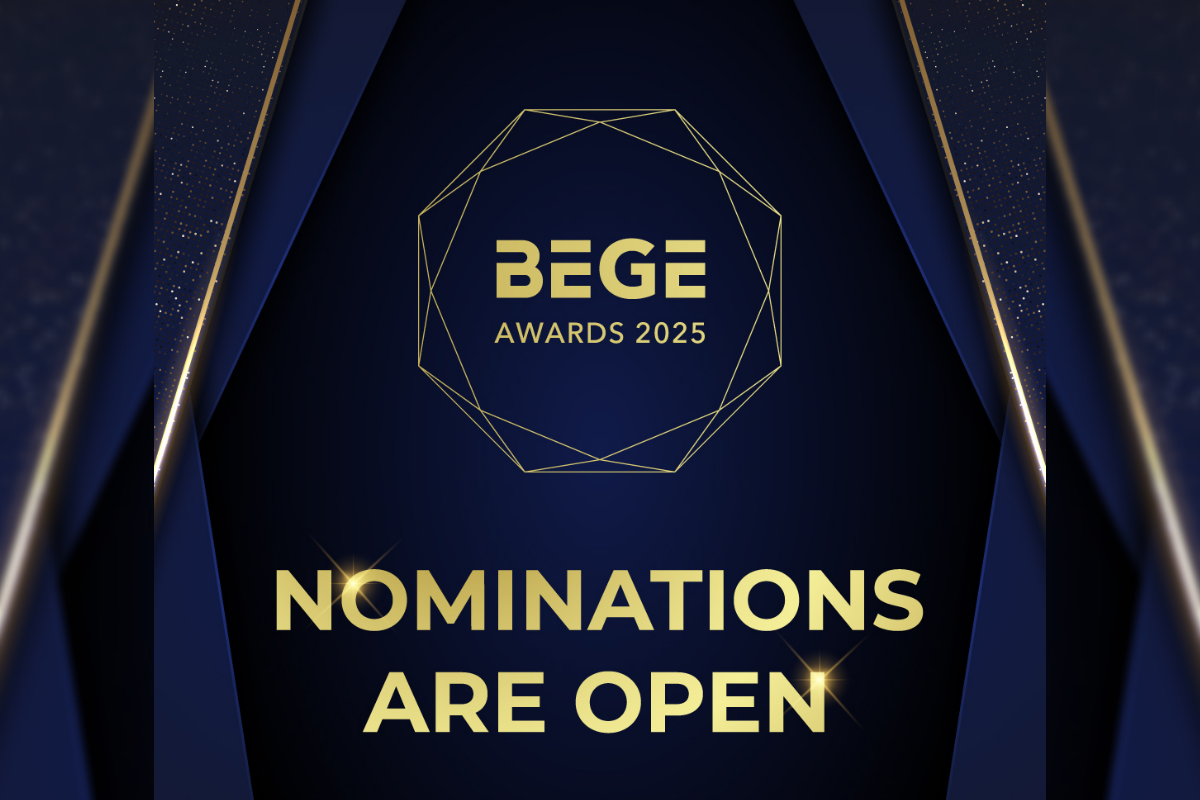
 Balkans7 days ago
Balkans7 days agoBEGE Awards Nominations Now Open – Celebrating 16 Years of Industry Excellence!
-

 Latest News7 days ago
Latest News7 days agoWin a Fruity Fortune in BGaming’s Bonanza Trillion
-

 Latest News6 days ago
Latest News6 days agoAnswer the Call of the Wild: ELA Games Unveils Its Latest Game “Buffalo Force”
-

 Latest News7 days ago
Latest News7 days agoSaddle up for big wins under the Bison Moon with the latest slot from Northern Lights Gaming
-
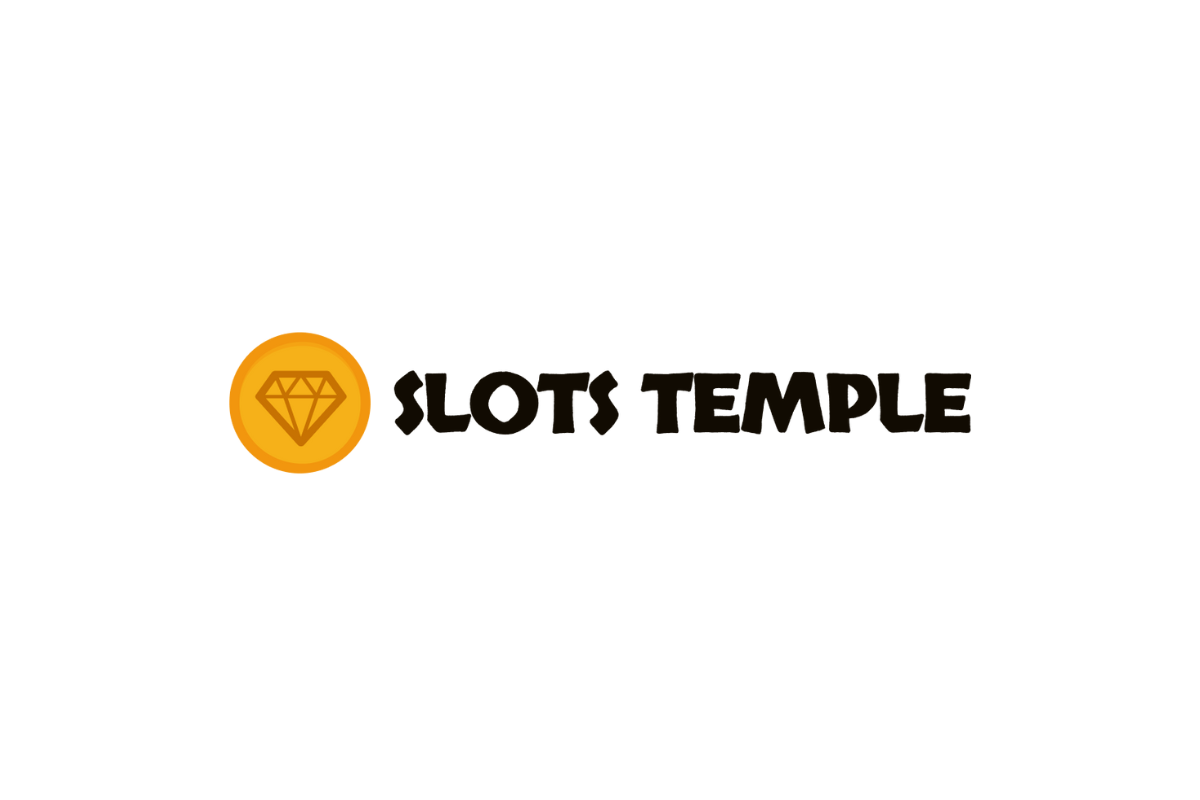
 Latest News7 days ago
Latest News7 days agoSlots Temple Announces Exclusive Free-to-Play Tournament Partnership with Pragmatic Play






